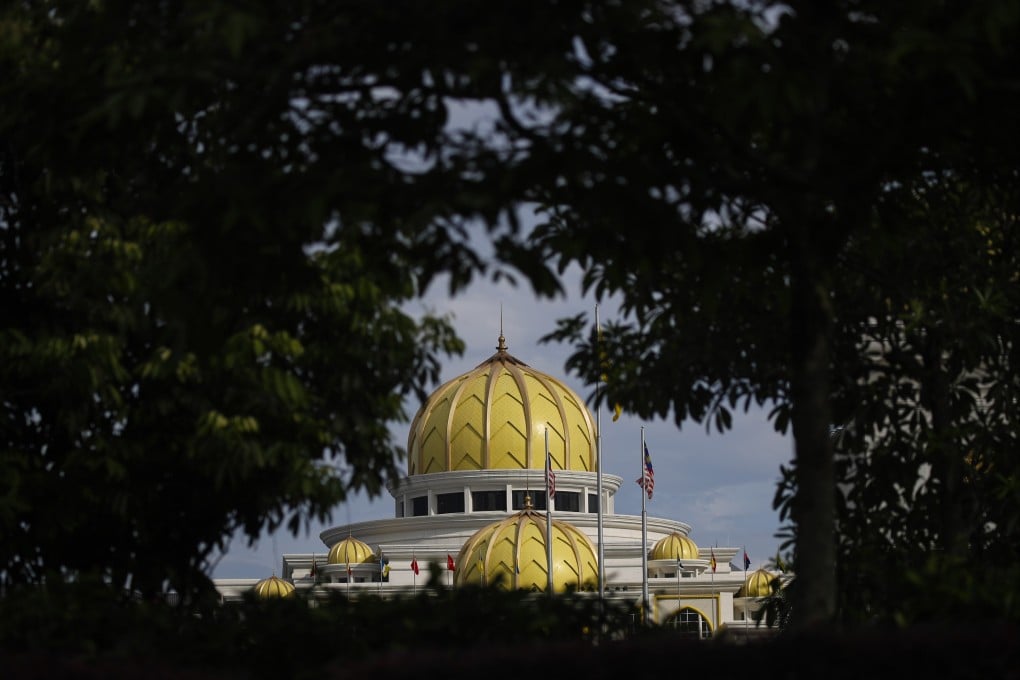Malaysia’s sultans to meet as public anger against Muhyiddin government grows
- The country’s sultans are set to convene on Wednesday, with analysts believing they are likely to state a preference for parliament to be reconvened
- The coronavirus-related emergency and growing public dissatisfaction with the current administration are also expected to be on the rulers’ meeting agenda

Political analysts told This Week in Asia they believed the most likely scenario following Wednesday’s meeting was for the sultans to state their preference for parliament to be reconvened, while emphasising the need for continuity and stability amid the current crisis.
The meeting – convened by the country’s king, Sultan Abdullah Sultan Ahmad Shah – is being held amid rising public discontent with the Muhyiddin administration over a litany of issues, including confusion over lockdown rules and tepid progress in Covid-19 vaccinations.
It is the second special council called by Sultan Abdullah since the start of the pandemic and will involve the heads of the country’s nine royal households – each of whom are sultans or regents of their respective states.
The Conference of Rulers, a separate meeting involving the sultans and the governors of four non-royal states, is usually held four times a year.